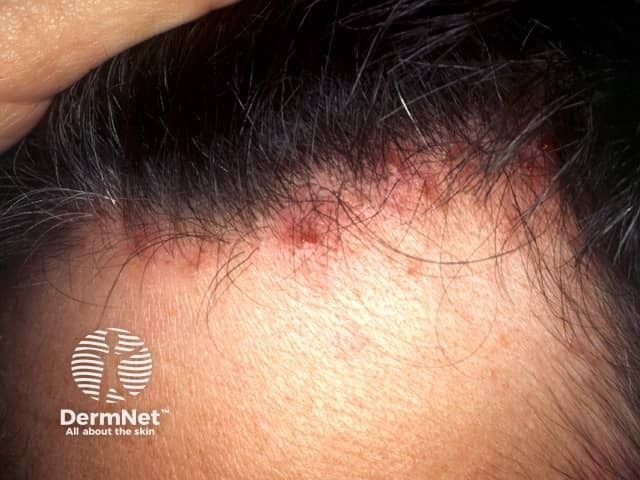Understanding the Impact of Hair and Scalp Health on Psychological Well-Being
A newly developed tool, the Hair & Scalp CARE (Condition and Affective Response Evaluations) questionnaire, sheds light on the significant effects of hair and scalp conditions on quality of life and psychological health. This innovative assessment aims to quantify how issues like hair damage, thinning, and scalp dermatological conditions can significantly affect a person’s self-esteem and overall mental well-being.
The Psychological Toll of Hair Loss
Research indicates that up to 75% of individuals experiencing alopecia report low self-esteem linked to their condition. The American Hair Loss Association estimates that $3.5 billion is spent annually in the United States on hair loss prevention treatments and products. Existing measurement tools, such as the Dermatology Life Quality Index (DLQI) and Skindex, have been instrumental, but there’s a pressing need for scientifically validated metrics that can adequately capture the impact of hair and scalp health on psychological well-being.
Building the Hair & Scalp CARE Questionnaire
Approximately 1,184 participants in the United States took part in this groundbreaking study from November 2021 to February 2022. This diverse group primarily comprised females (nearly 75%), with an ethnic balance of African American, Caucasian, and Hispanic participants.
Key Study Details:
- Survey participants must have used at least one deodorant and one hair product in the last six months.
- They provided demographic information, including hair type and any scalp conditions.
- The questionnaire integrated components from the 14-item Sleep Health Index (SHI) and the 10-item Perceived Stress Scale (PSS) to assist in the analysis.
- Exploratory and confirmatory factor analyses were utilized for the questionnaire’s development.
Structure of the Final Questionnaire
The final Hair & Scalp CARE questionnaire comprises 21 questions focusing on:
- Physical impairment
- Interpersonal relationships
- Internal emotional state
Scoring System:
Participants rated their experiences on a scale of 1 to 5, with:
- "All the time" equating to a score of 1
- "Never" equating to a score of 5
Findings
The mean score recorded was 72.01, with notable differences between genders. Men scored an average of 77.62, while women scored 70.12, suggesting men reported higher emotional well-being. Notably, individuals who identified with scalp conditions had significantly lower scores, indicating a direct link between scalp health and emotional wellness.
Correlation Insights:
- Higher Hair & Scalp CARE scores correlated with lower PSS scores.
- Conversely, participants with healthier hair and scalps reported better sleep health (as indicated by SHI scores) and lower perceived stress levels.
Future Research Directions
The Hair & Scalp CARE tool shows promise, with potential for further testing across larger and more diverse populations to ensure international validation and cross-cultural applicability. Importantly, self-reported scalp conditions were not verified by dermatologists, suggesting that incorporating objective measurements could bolster the findings.
Conclusion: Empowering Psychological Well-being through Hair Health
The new Hair & Scalp CARE questionnaire offers a valid and user-friendly method for assessing the nuanced relationship between hair and scalp conditions and psychological health. Its deployment in further academic and commercial research could pave the way for the development of new hair and scalp care products that not only enhance physical appearance but also promote better mental health.
Related Reading:
- Psychological Characteristics of Women with Androgenetic Alopecia
- Hair Biology: Growth and Pigmentation
For individuals seeking solutions to their hair and scalp concerns, understanding these aspects can be the first step towards a healthier self-image and improved mental health.


